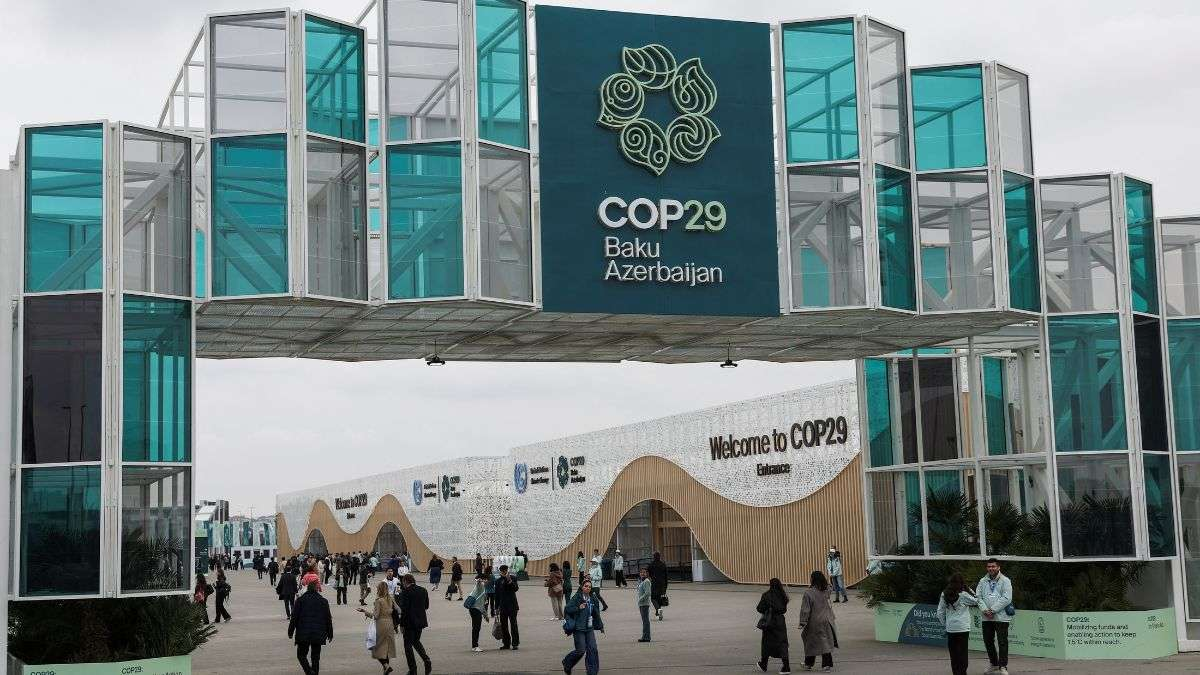
COP29: Battle lack of an electoral roadmap are eroding the legitimacy of Bangladesh’s interim government. over financing eclipses climate concerns
The 29th Conference of the Parties (COP29), which has just five days left to conclude, has brought to the forefront the stark differences in climate financing between the Global North and the Global South. The Global South, comprising developing nations, has long argued that they are disproportionately affected by climate change despite contributing minimally to greenhouse gas emissions. These nations have called for more substantial financial support to mitigate and adapt to climate impacts. One of the key issues at COP29 is the New Collective Quantified Goal (NCQG) on climate finance, which aims to replace the previous $100 billion annual target set in 2009. The Global South has emphasised that their financial needs now exceed $1 trillion annually, far outpacing current commitments.
However, much of the existing climate finance is in the form of loans, which risk burdening already struggling economies with unsustainable debt. The Global North, consisting of developed nations, has been urged to fulfil their financial obligations and provide grants and concessional finance rather than loans. Resistance from some Global North countries has emerged, with these nations arguing that their own economic challenges limit their ability to provide additional funding. This has created a tense negotiation environment, with developing nations pushing for more equitable and transparent financial mechanisms. COP29 has highlighted the urgent need for increased and more accessible climate finance for the Global South. India, along with other developing nations at the summit, is advocating for climate finance without strings attached. Representing like-minded developing countries, India has demanded a fund flow of $1.3 trillion annually from rich nations until 2030 to combat the dangerous consequences of climate change, as extreme weather events become more frequent. New Delhi has also opposed unilateral trade measures introduced in the name of climate action, describing them as “discriminatory” and harmful to multilateral cooperation.
This stance is justified and deserves serious attention from wealthier nations, as addressing these issues is crucial for any meaningful solution. However, it is concerning that the COP29 meeting is increasingly becoming a battleground over financial disagreements. India's intervention comes at a time when leaders in Baku are working on a new global climate finance mechanism, the NCQG, to take effect after 2025, when commitments under the Paris Agreement are set to expire. This intervention is both pragmatic and well-considered. India is not alone in seeking trillions of dollars from the wealthy nations. The G77 bloc of developing countries, along with China, has also demanded $1.3 trillion annually in public funds. The battle for climate financing is intensifying. Recently, hundreds of climate activists took over the hallways of the Baku Olympic Stadium, calling on leaders from rich, developed countries to loosen their purse strings and boost climate financing. One of the biggest concerns among participating countries at Baku is the uncertainty surrounding the President- elect of the United States, Donald Trump.
Trump's election is being closely monitored, especially given his “Drill Baby Drill” rhetoric. In November 2020, the US officially withdrew from the Paris Agreement, with Trump describing it as “a rip-off of the United States.” Under these circumstances, the success of the ongoing negotiations is crucial to ensuring that vulnerable nations can effectively combat climate change and build resilience against its impacts. The differences over financing leave India, China and Russia to take the lead in climate change mitigation and establish a stable and equitable financial protocol. It is time to end the battle over financing and prioritise serious action on climate concerns.
 English daily published in Bengaluru & Doha
English daily published in Bengaluru & Doha






